Transforming Communities Through Action
The Shabaka Palestinian Network is at the forefront of driving meaningful change within Palestinian Refugee Camps. Our projects directly respond to the most pressing community needs, focusing on infrastructure development, environmental sustainability, emergency preparedness, and social cohesion.
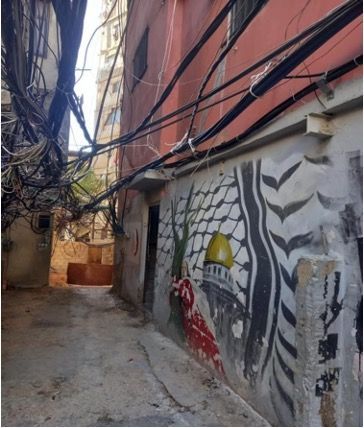
Fixing infrastructure in Shatila
An initiative to address hazardous electrical installations by installing safe electricity cables across main streets, neighbourhoods, and open areas. This significantly improved safety and reduced the risk of electrocution, benefiting an estimated 40,000 people.
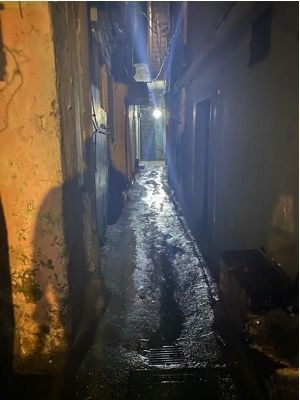
Lighting Ein Hilweh
Installed lights and solar panels to address the lack of electricity, which had been affecting daily life and security. The project helped reduce crime, accidents, and harassment, particularly improving the mobility and safety of women and girls at night.
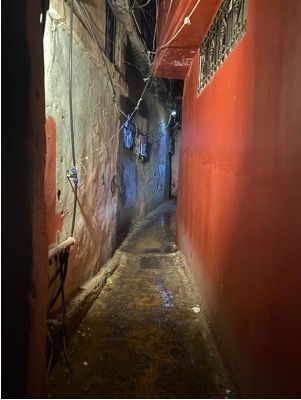
Lighting Rachidieh
Installed lights and solar panels to address the lack of electricity, which had been affecting daily life and security. The project helped reduce crime, accidents, and harassment, particularly improving the mobility and safety of women and girls at night.
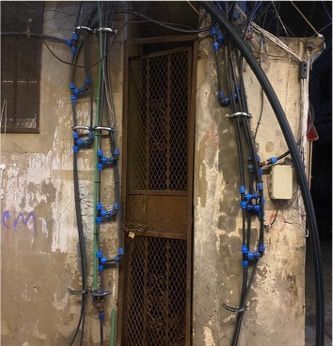
Creating a safer environment in Bourj Chemali
Organised and safely restructured electric cables to prevent electrocutions and fires, improving overall safety in the camp’s narrow alleyways.
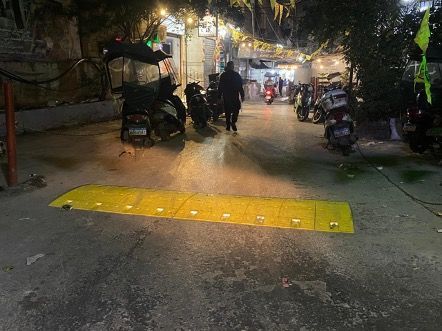
Road safety in Beddawi
Implemented road safety measures to reduce traffic accidents caused by overcrowding, poor road conditions, and the lack of proper signage and road bumps.
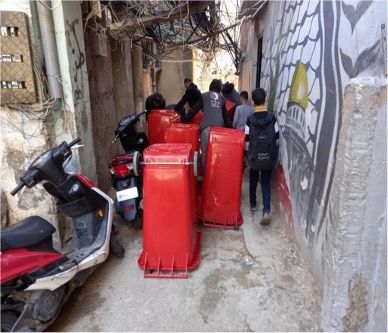
Environmental improvements in Bourj Barajne
Conducted sewage cleaning operations to prevent frequent blockages, reduce flooding, and mitigate the spread of disease caused by poor waste management and outdated infrastructure.
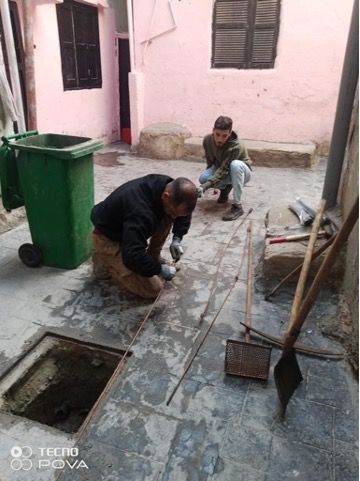
Fixing infrastructure in Bourj Barajne
Road rehabilitation projects, including repairing potholes, repainting road bumps, and installing solar-powered lights to improve accessibility, especially for children, the elderly, and people with disabilities
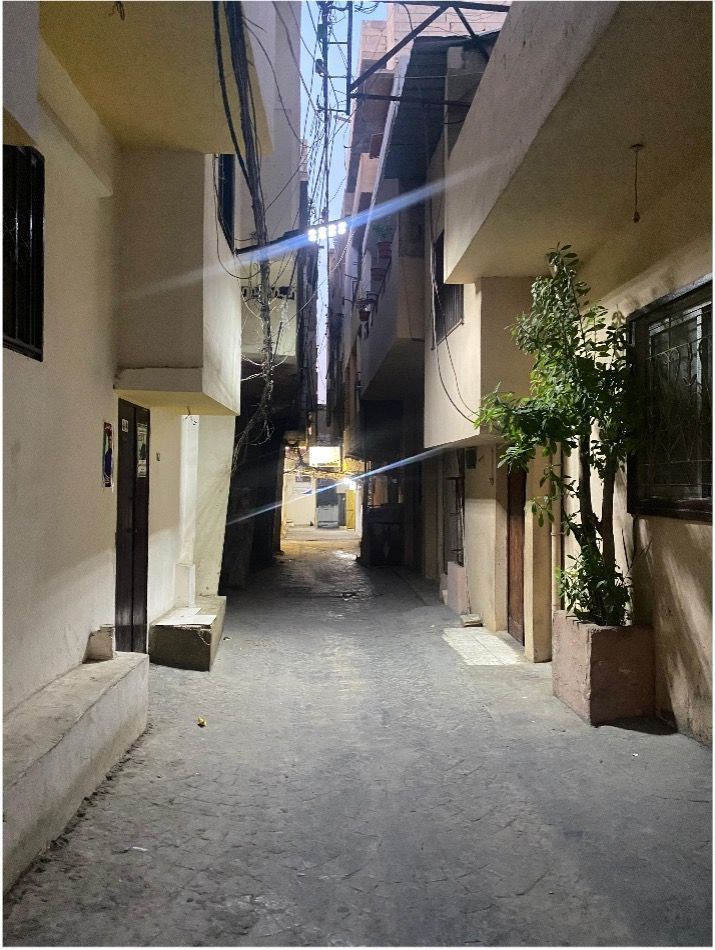
Improving accessibility in Shatila
Planned and approved road rehabilitation projects, including repairing potholes, repainting road bumps, and installing solar-powered lights to improve accessibility, especially for children, the elderly, and people with disabilities.
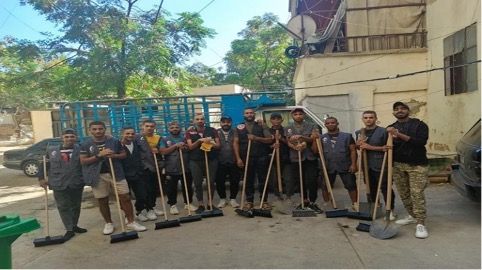
Cleaning Ein Helwe
Launched a waste management initiative that reduced health hazards by addressing waste accumulation. Youth groups collected and recycled plastic waste, with 500 direct beneficiaries and an estimated 85,000 indirect beneficiaries.
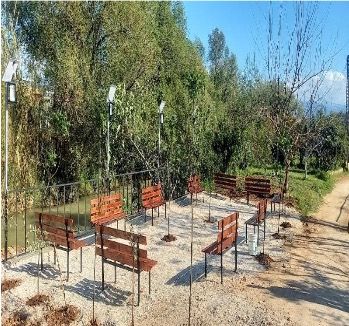
Creating safe spaces in Nahr Bared
Rehabilitated the riverbank to create a safe recreational space, installing benches, lighting, and fencing. The project provided a secure environment for youth, helping to prevent negative coping mechanisms such as drug use.
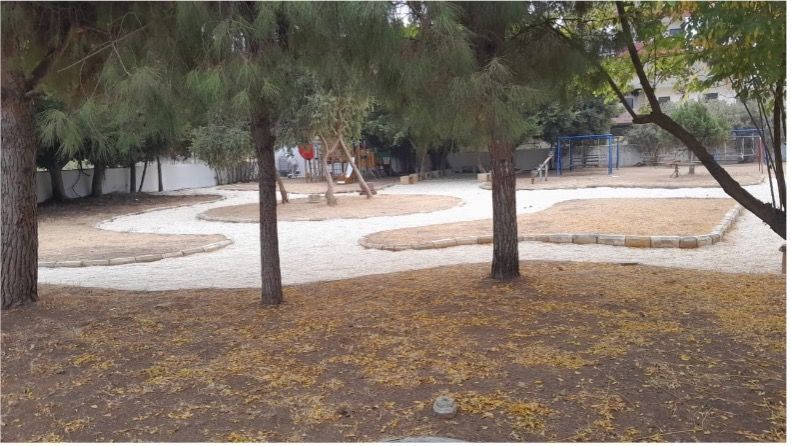
Improving community cohesion in Nahr Bared
Transformed Mahmoud Darwish Park into a community gathering space by upgrading facilities, installing solar lighting, and hosting psychosocial support (PSS) activities that engaged 800 children and over 100 internally displaced people (IDPs). The initiative benefited an estimated 15,800 people and served as a model for replication.
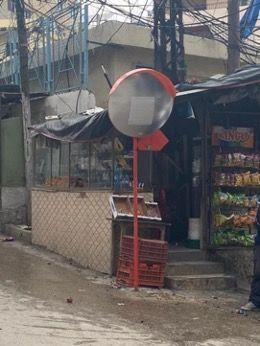
Revitalising neighbourhood in Beddawi
Revitalised a neighbourhood through extensive rehabilitation, including planting, painting, fixing electrical cables, and installing solar-powered lights. This initiative involved local youth in paid painting work, benefiting 357 people directly and 20,000 indirectly.
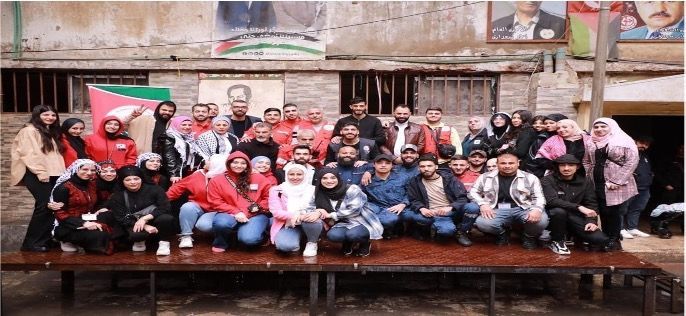
Improving coordination in Shatila
Established a coordination platform to enhance the credibility, accountability, and efficiency of CSOs operating in the camp. This initiative reduced competition and resource mismanagement while improving public trust in aid distribution.
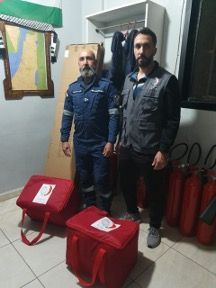
Providing medical support in Bourj Chemail
Addressed medical supply shortages by procuring and distributing first aid kits, stretchers, medical beds, and oxygen machines. The initiative, expected to benefit 23,000 people, will be complemented by six first-aid training sessions.